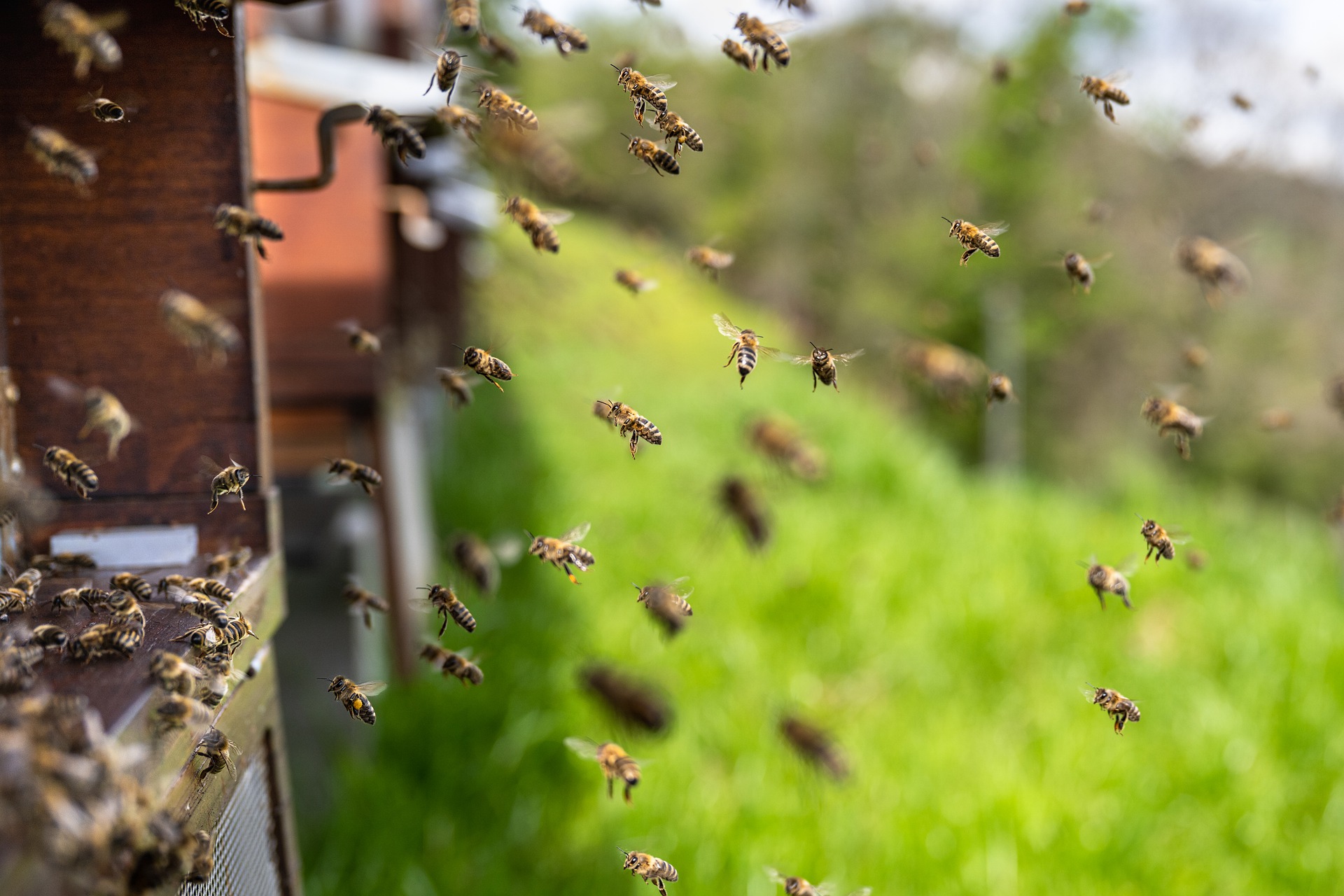The Benefits and Challenges of Urban Beekeeping
Urban beekeeping is increasingly becoming a popular hobby in many cities across the U.S, with a multitude of benefits for both people and the environment. However, it also comes with unique challenges that need to be addressed. Read below to explore the fascinating world of urban beekeeping.
What is Urban Beekeeping?
Urban beekeeping, also known as backyard beekeeping, is the practice of maintaining bee colonies in urban areas. It’s a trend that’s been on the rise in recent years, driven by an increasing awareness of the importance of bees for pollination and the environment, and a desire for locally produced honey. As cities adopt more bee-friendly policies, more residents are taking up this rewarding hobby.
The Benefits of Urban Beekeeping
Urban beekeeping offers numerous advantages. Bees play a crucial role in pollinating plants, which is essential for food production. Having more bees in urban areas can help enhance the diversity and health of urban flora. Additionally, urban beekeepers can enjoy the fruits of their labor in the form of fresh, locally produced honey.
The Challenges of Urban Beekeeping
However, urban beekeeping is not without its challenges. Keeping bees in a densely populated area requires careful management to prevent the bees from becoming a nuisance or a danger to others. Beekeepers need to ensure their bees have enough food and water, and that their hives don’t become overcrowded. Additionally, beekeepers need to keep an eye out for diseases and pests that can harm their colonies.
How to Start Urban Beekeeping
Starting with urban beekeeping requires some basic knowledge and preparation. Prospective beekeepers should learn about bee biology and behavior, hive management, and local regulations regarding beekeeping. It can also be helpful to connect with local beekeeping associations for guidance and support.
The Future of Urban Beekeeping
Despite the challenges, the future of urban beekeeping looks bright. As more people get involved and cities become more bee-friendly, we can expect to see more bees buzzing in our urban landscapes. This will not only help our plants and our honey supply but also help raise awareness about the importance of these tiny creatures.
Useful Tips and Facts: - Urban beekeeping can help improve local biodiversity. - Always check local regulations before starting urban beekeeping. - Bees need a clean source of water nearby their hive. - Beekeeping requires regular hive inspections to prevent issues such as disease or overcrowding.
Conclusion: Urban beekeeping is a hobby that offers numerous benefits, from enhancing local biodiversity to producing fresh honey. While it does present unique challenges, with the right knowledge and preparation, it can be a rewarding endeavor. As more people take up urban beekeeping, our cities will buzz with the sound of these vital pollinators, contributing to a healthier urban environment.





